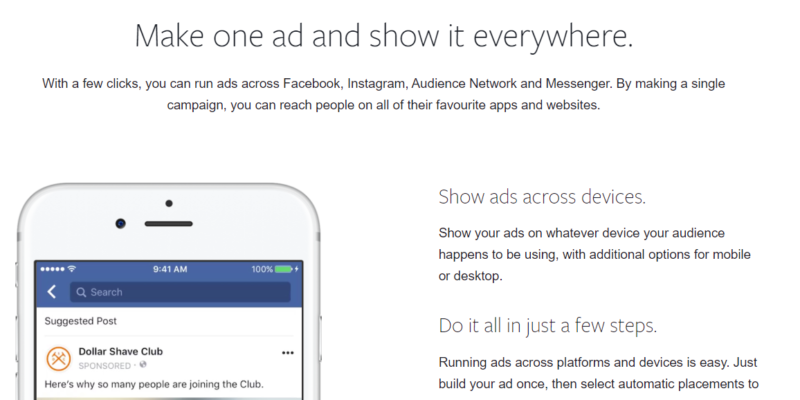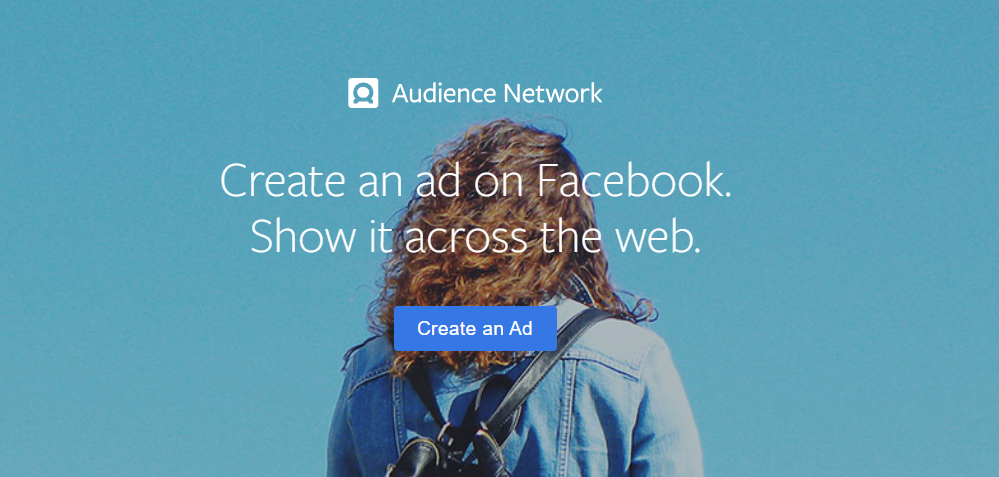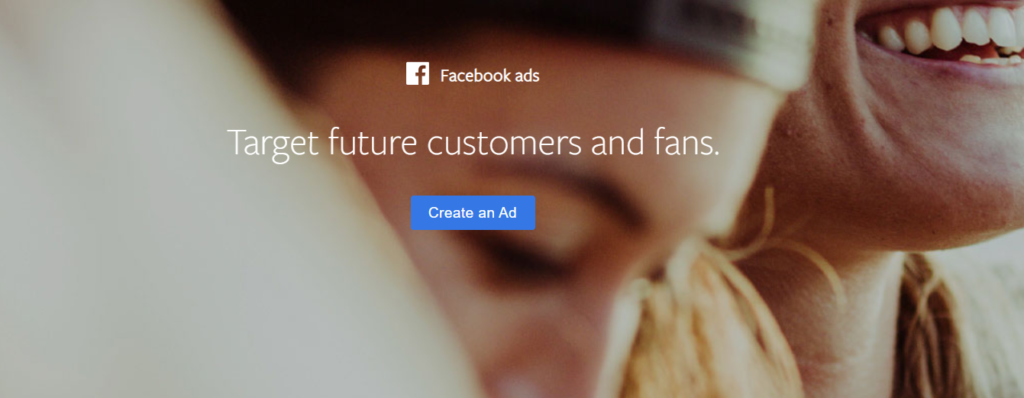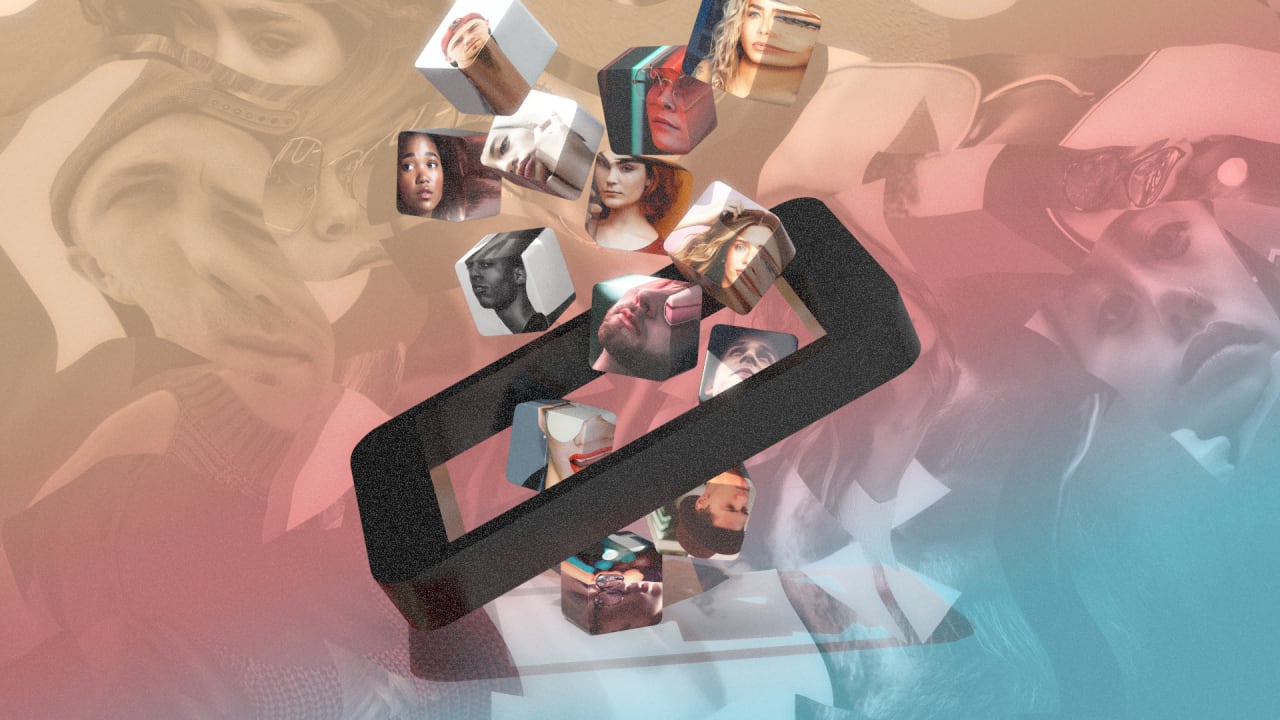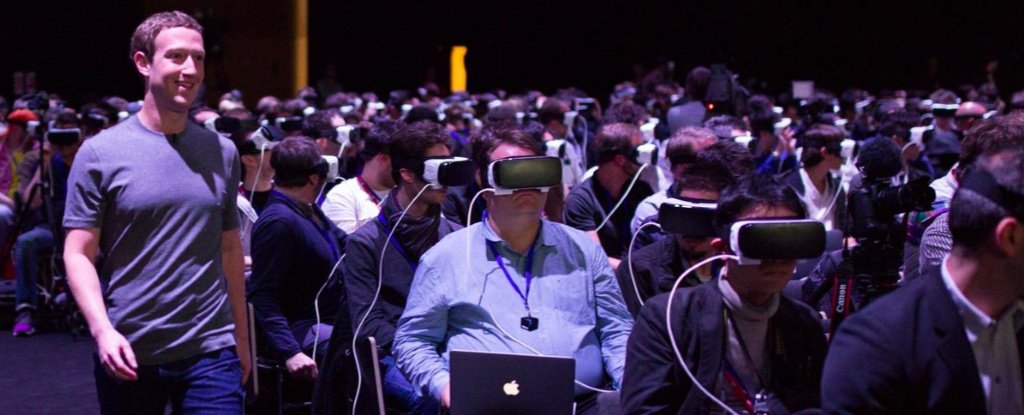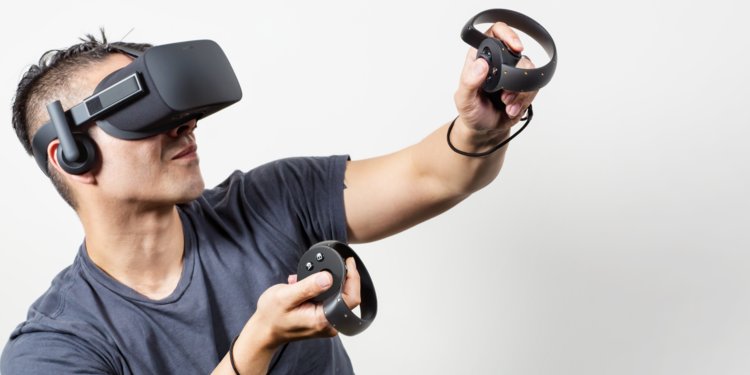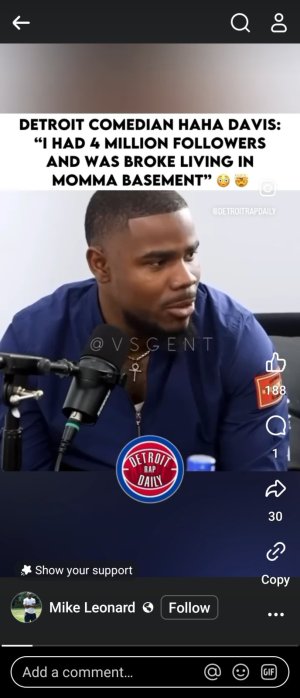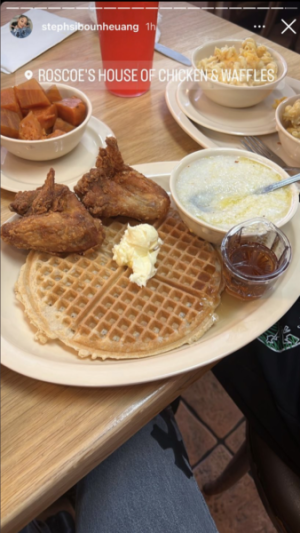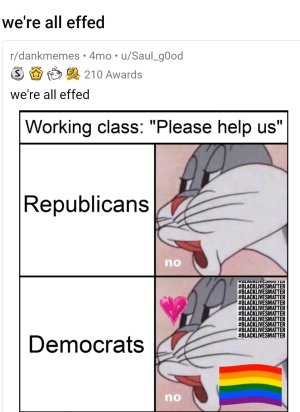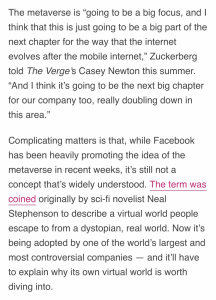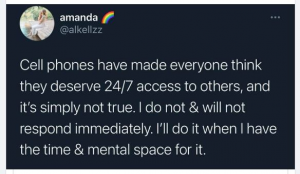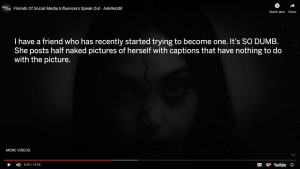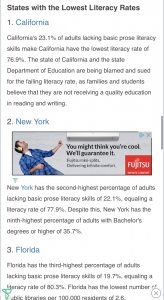Last week, actor Jeremy Renner posted a time-lapse video of himself trying on different outfits in front of the mirror. “Suiting up for the
Avengers press tour,” he wrote. “What are you wearing?” More than 2,000 people commented on the post (some offered outfit tips, but many agreed he looked better without a shirt). Others said good luck, or jovially wished everyone a happy Friday.
None of this was happening on Instagram, but on Renner’s own app, where his most die-hard fans gather to gush about their favorite actor. They do more than just comment on Renner’s photos, videos, and give-away contests. They also post their own images in a “fan feed”–a quick scroll reveals a woman’s before-and-after haircut, a call for recommendations for a trip to L.A., and a shot of tomato soup and parmesan-crusted chicken with bacon, which a fan had made from another fan’s cookbook.
What does any of this have to do with Renner? Everything and nothing. Renner’s app–along with many others from celebrities like Amber Rose, model Alessandra Ambrosio, and musician Bob Marley’s estate–is designed to create a tiny, independent community that’s centered on a single celeb. Each app is like a mini, private Instagram for uberfans, who also use the apps to share their other obsessions, their achievements, and their struggles.
Today, Instagram is one of a few platforms that dominate people’s interactions with celebrities. But some of these influencers are looking for something more: They want to own their photos and their audiences. They want freedom from the algorithms that decide who sees their content. And they want to stop relying on sponsored content and ad posts. Meanwhile, users have similar concerns. Some, fed up with the constant privacy violations and lack of transparency on the part of platforms, are looking away from the news feed and toward the refuge of messaging, small groups, and even separate apps like Renner’s and Rose’s. They all offer an antidote to Big Social Media.
The company
Escapex, which makes these apps, offers exactly that. Each app is a decentralized social media platform that acts like Instagram but is fully controlled by the influencer, offering them an unique insurance policy: When Instagram’s popularity inevitably shifts, they’ll still have their own safe haven for their biggest fans to congregate–and pay them. And for fans, they get more than an intimate glimpse at their chosen celeb; they also get a community of people who feel the same way.
 Connecting Celebs With Their Fans–For a Small Monthly Fee
Connecting Celebs With Their Fans–For a Small Monthly Fee
Escapex, which was founded in 2015 and has raised $18 million in venture funding to date, now hosts the apps of more than 350 celebrities and social media influencers in 18 countries who have a total of 3.5 billion followers, many of whom are looking for a new way to turn their popularity online into cash that doesn’t involve hawking other people’s goods. According to Escapex, the combined 350+ apps have over 20 million users, who on average open an Escapex app four times a day. In the United States, 12% of users who install an Escapex app subscribe, paying an average of $6 per month to access their favorite influencer’s content.
For influencers, there’s a clear draw: It’s an easy way to monetize an audience that doesn’t require you to sacrifice whatever version of “authenticity” you’re selling by landing sponsorship deals with brands.
Let’s say you’re an influencer or celebrity with 2 million followers on Instagram. The vast majority of those people might be somewhat interested in you, given the fact that they follow you, but there’s a small percentage–it might be as small as .1% of your following–that is really obsessed with you. If you can advertise your own subscription-based app, and convince these superfans to come download it and pay $4.99 a month to get more personal, exclusive content from you as well as the chance to interact with you more directly, you could be making about $85,000 a year, just from an app. (It’s free for influencers to sign up for Escapex’s platform, and then the company takes a 30% cut of whatever they make.)
The company offers celebrities the ability to make money directly from their fans, cutting advertisers out of the equation. “When you’re serving advertisers or brands, you have to be very careful and moderate authenticity to fit the brand image,” says Sephi Shapira, the founder and CEO of Escapex. “When generating [content] for your fans, you don’t serve any other master. You’re funded by them directly.”
Right now, influencers are dependent on centralized social media platforms like Facebook, YouTube, and Instagram, which not only hold all the data about their followers but also control who sees what they post through opaque algorithms. But Escapex has decided to set up its business model such that its celebrity clients get full control over their apps–and the people who download them. “The [influencers] own the users, they own the content, they own the ramifications of their behavior,” Shapira says.
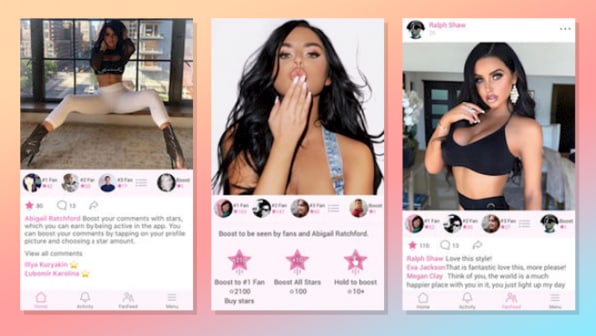 [Screenshot: Escapex]
[Screenshot: Escapex]
For Abigail Ratchford, a glam model who posts sexy images of herself on Instagram to
an audience of 8.9 million,
this control has freed her up to share as much content as she wants with her biggest fans, who pay $9.99 a month for the privilege of accessing it, without living in fear of the Instagram algorithm. “It’s a home base now where I can post a lot of stuff,” she says. “With Instagram, you don’t want to post too much. On the app you can post all day long and people love it.”
Within two months of launching her app, Ratchford accumulated 100,000 downloads on iOS and Android and is growing at a rate of 13,000 downloads a week. Ratchford, along with other Escapex influencers like Renner, Rose, and Ambrosio, are all making more than $35,000
per month.
 Freedom From The Algorithm
Freedom From The Algorithm
Having an app also gives the influencer more control over moderation–whether that’s kicking out harassers or being freed from Instagram’s community guidelines. Shapira points to Amber Rose, who in 2017
posted a nude photo on Instagram to promote the protest march SlutWalk. Instagram quickly took the post down. Her decision to use her naked image to promote female empowerment crossed a line for Instagram, but doesn’t bother Escapex–since each app is siloed, what Rose chooses to share with her audience doesn’t impact any other celebrities that use the platform. Shapira says that 50% of the company’s clients have either been warned, delisted, or had content deleted by a social network.
Model and influencer Kourtney Reppert, who has
1.5 million Instagram followers and whose Escapex app is launching next week, thinks that having an app will give her full control over her audience in a way she’s never known before. Celebs using Escapex apps own the app itself as well as all the rights to their images.
“I think for me it has everything to do with visualizing what’s the next phase in social media in the future,” she says. “If social media has grown a massive amount in such a short amount of time, I can only imagine . . . if I was able to let all my fans get access to an app where I have full control, and I also own the images. I’m not posting on a third party. I have more accessibility to be more personal with my fans. And I personally would be more comfortable being more open about my real life and sharing real things.”
Her app will also give Reppert control over harassment, which is something that’s dogged her since starting a Facebook fan page many years ago. In 2012, Reppert
worked with the FBI to apprehend a stalker that had harassed her with death threats. “If someone is on my app and they’re harassing me and saying things that are inappropriate, I can immediately remove them,” she says. “I have more accessibility in finding out who this individual is, when before I had to go through an Instagram or a Facebook and have them help me figure it out.”
Moderation doesn’t always work out well–Jeremy Renner’s fans have
protested his app over a mixture of what some fans perceived as an unfair contest, an app update that some believed served to wipe out negative comments, and content moderation practices that blocked anyone who said something nasty. (One user called his app a
“totalitarian regime” as a result.) But for celebs, having their own app goes beyond control over their users and what they want to post. Fundamentally, there is a conflict of interest between people with large followings and the platform they’re posting on: Both are competing for the same advertising dollars. Companies can choose to advertise with an influencer, or they can advertise with Instagram. For Reppert, that’s one of the primary reasons she decided to launch her own app.
Reppert starting sharing her modeling photos on Facebook back before the company had created an algorithm for its News Feed, and she built an audience so successfully that she started her own marketing agency, Bombshell Marketing, to pass advertising jobs she couldn’t do to other similar influencers. But then everything changed. (The company shuttered in 2013.) As Facebook’s News Feed evolved, only some of her followers would see what she would post–for her to reach more of her own followers, Reppert says she had to pay Facebook to share her own posts. Since then, she’s pivoted to Instagram, where she still suffers from the same problem. She feels like Instagram has deliberately given its influencers less ability to reach their audience because it wants to make its own advertising platform more valuable to brands.
These personal apps aren’t just for influencers. Osric Chau, an actor who is best known for his role in the cult TV show
Supernatural, has
624,000 followers on Instagram and launched his app in January 2018. He uses it for a very different purpose: to connect with his fans more intimately. While he charges $4.99 for a subscription, most of his content is unlocked and he says he has no idea how many subscribers he has–purposefully so. Only a few videos in which he talks about his innermost thoughts and feelings are locked. “It’s for my inner circle, stuff I’d say to my friends in person only,” he says. “It’s like my own house in a weird way. It feels like the safe haven for me.”
But Chau’s official app is more than his personal diary–it’s also about actually getting to know his fans. He can’t develop relationships with all 624,000 Instagram followers, but because there are far fewer people on his app, Chau makes more of an effort to read people’s comments and respond.
“It’s emotionally and physically impossible to know that many people,” he says. “On this app, it’s been nice to have familiarity. I can get to know some people and hear their stories.”
His app has also created a community of fans. “My favorite thing about this app is creating the platform where people can get to know each other,” he says. “A lot of people in fandoms feel like they’re alone, and part of celebrating their fandom is about meeting everyone who has that same interest.”
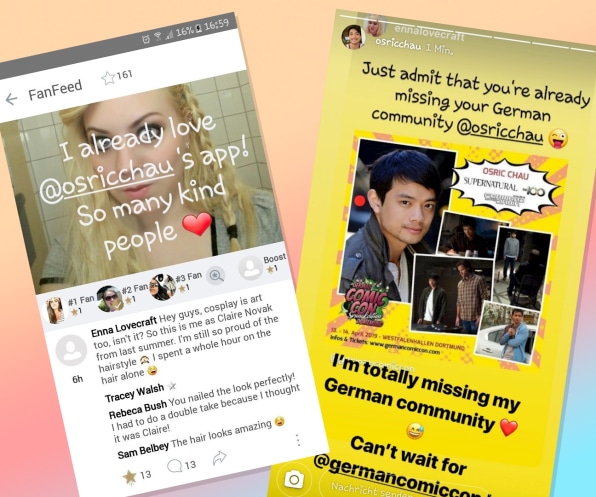 [Screenshot: courtesy Enna]
[Screenshot: courtesy Enna]
The New Culture of Superfandom
So why are people downloading these apps in the first place? Why pay models like Ratchford and Reppert or actors like Chau for the privilege of seeing more of their content?
Enna, a 30-year-old textile engineer who lives in Germany, has been a fan of Chau since he was on
Supernatural, and she downloaded and subscribed to his app shortly after he announced it. “I gave in and was like, I want all of it,” she says. “Sometimes he upload videos just for subscribers, and I didn’t want to feel like I’m missing out on something.”
One key feature of Escapex apps is that fans like Enna earn points based on how much they engage with the app, including the fan feed (points are also available for purchase). Then, they can use those points to boost their comment on one of Chau’s posts so that he’s guaranteed to see it. According to Shapira, that’s the primary way that celebs like Jeremy Renner monetize their apps–all the content is free, but people pay to be seen.
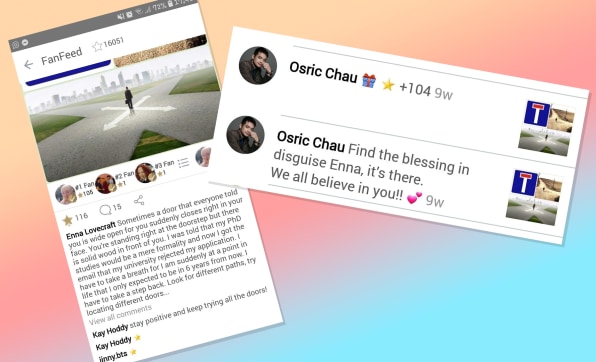 [Screenshot: courtesy Enna]
[Screenshot: courtesy Enna]
Enna says that while she treasures all her interactions with Chau, she also loves the fan community. She’s posted about the challenges of finding a job after getting her PhD. She remembers another fan who had cancer when the app first launched, and the entire community banded together to support her. “I joined the community for Osric and I got a family,” Enna says.
She’s also made IRL friends through the app: One woman recognized her from her profile picture at a
Supernatural convention and they became fast friends. The two ended up meeting Chau at a music festival in 2018 and told him their story. It’s one of his favorite memories from the app. “I took them out for bubble tea,” Chau says. “It’s a way to make the world seem like more of a smaller place.”
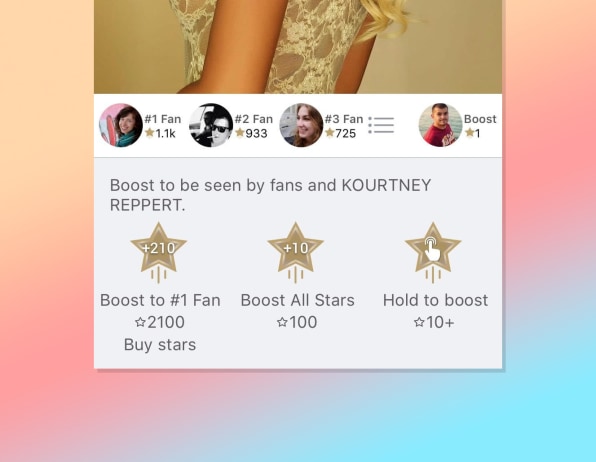 [Screenshot: Escapex]
[Screenshot: Escapex]
Social Media is Going Private
Escapex’s success and the rise of these miniature social media networks speak to a larger trend: people’s online communications are becoming more private.
“[Audiences’] social media use is moving away from feeds into messaging, into groups, into other kinds of more controlled, smaller spaces,” says
Nancy Baym, author of
Playing to the Crowd: Musicians, Audiences, and the Intimate Work of Connection and a principal researcher at
Microsoft who studies the ways that fans interact with celebrities–mostly musicians–online. This move toward smaller spaces is evident from
popularity of messaging apps,
private Facebook Groups, and
email newsletters. Even Facebook CEO Mark Zuckerberg has noticed, and is slowly
transitioning the company toward private messaging.
As Baym points out, musicians have tried to create platforms for their fans for decades. Musician Kristin Hersh, who was the lead singer of the band
Throwing Muses in the 1980s and ’90s before branching off into a solo career, created a website where fans could subscribe and receive exclusive content, as well as email other fans. Baym says that the band created the site after they discovered their fan forum on America Online–and presciently realized that the platform could disappear.
“They got to know all the people in that fan group who were already there doing their own thing, and worked with them to say, what would it be to be on a site that we controlled instead of AOL, and what would make it worth it to you to make it worth subscribing?” she says. To this day, much of Hersh’s career is
still supported by a similar subscription model derived from this late-’90s fan site. David Bowie did the same thing with
BowieNet, in which he offered internet access tied to his website as well as a BowieNet email address. Musician Ryan Leslie runs an
app called Superphone, where superfans can directly message him (and others who sign up for the service).
“Fandom is all about community and identity,” Baym explains. “Being a superfan by yourself is a diminished experience. Imagine a huge sports fan who lives in a country where no one follows the sport. It’s part of your identity and connecting with others who share that identity is really important. It’s the major driver of fandom, which is why you see the same processes across all these different celebrities.”
Baym sees Escapex’s apps as part of the same impulse. “Are they really paying for selfies, or are they paying for access to the club?” Plus, it’s a way for influencers whose stardom won’t last forever to futureproof themselves. “Most people’s career as a celebrity is going to end if they don’t find a way to keep the fans they have,” she says. “Building those fans connections is a great way to do that.”
These celebrity-focused apps aren’t for everyone; neither is it likely that every celebrity will create their own mini social media network. However, some celebs and their superfans, these micro-networks are a win-win. With the future of major social networks unclear, going independent on social media is a savvy financial bet. “I would not be surprised at all if there’s a handful of people who are making crazy livings on apps in the future,” Baym says.
